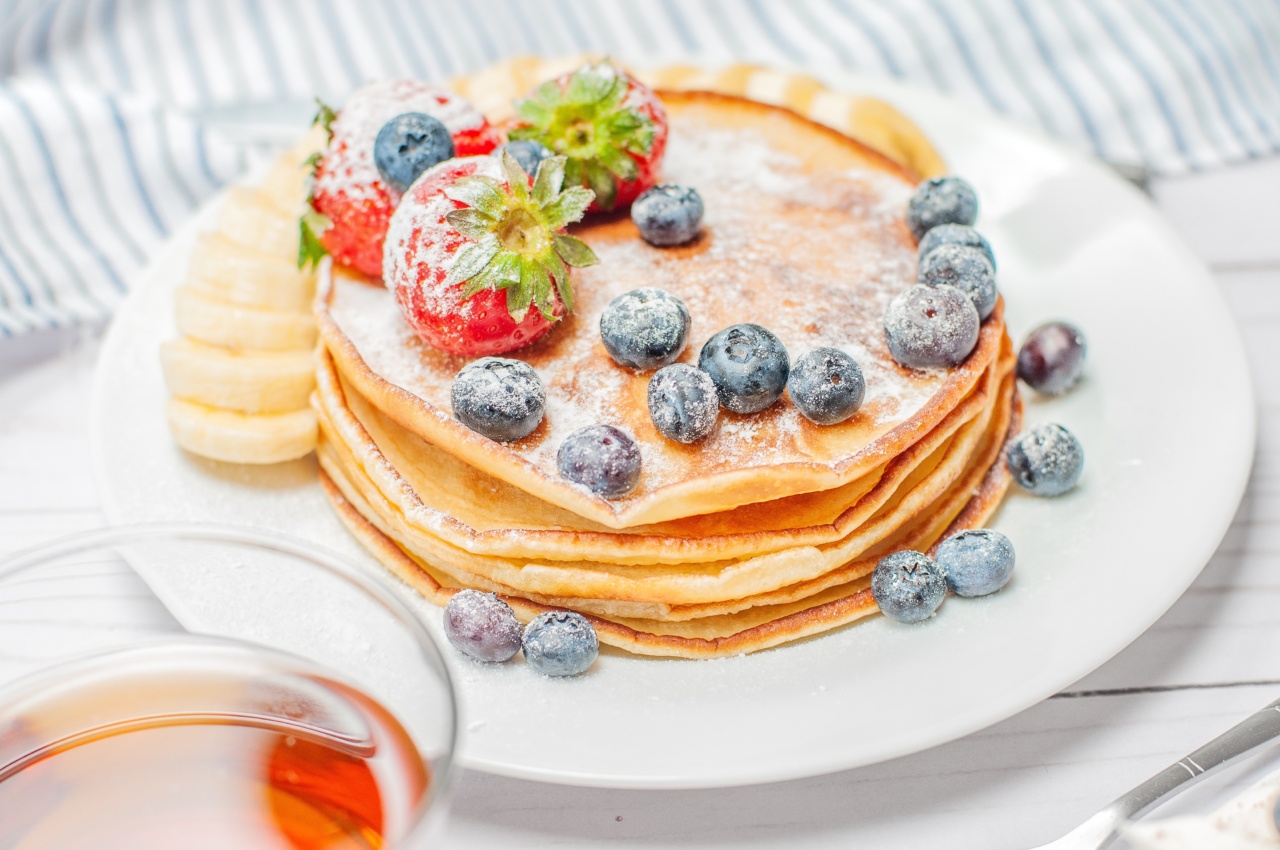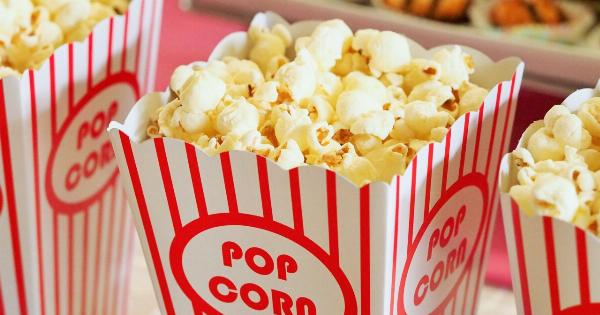When it comes to sweeteners, honey and sugar are two of the most commonly used options. Both of these sweeteners are easily accessible and affordable, but there are a few key differences between them.
In this article, we’ll explore the benefits and drawbacks of both honey and sugar to help you decide which is better for you.
What is Honey?
Honey is a sweet, sticky substance that’s made by bees. The bees collect nectar from flowers and then take it back to their hive. There, the nectar is broken down into simple sugars by enzymes in the bee’s stomach.
Once broken down, the bees store the honey in the cells of the hive. The bees then fan their wings over the honey to help evaporate any remaining water, which thickens the honey and gives it its characteristic consistency.
What is Sugar?
Sugar, on the other hand, comes from sugar cane or sugar beets. The juice from these plants is extracted and then purified and concentrated to create sugar crystals.
There are a few different types of sugar, including white sugar, brown sugar, and powdered sugar, but they all come from the same basic source.
Nutritional Value
When it comes to nutritional value, honey and sugar are fairly similar. Both are high in calories and contain simple sugars that are quickly absorbed by the body. However, honey does have a slightly higher nutritional value than sugar.
It contains small amounts of vitamins and minerals, such as vitamin C, calcium, and iron, whereas sugar is essentially just empty calories.
Glycemic Index
The glycemic index is a measure of how quickly a food raises blood sugar levels. Foods with a high glycemic index are rapidly absorbed by the body, causing a quick spike in blood sugar levels.
Foods with a low glycemic index, on the other hand, are absorbed more slowly and cause a slower rise in blood sugar levels.
Honey has a lower glycemic index than sugar. This means that it’s absorbed more slowly by the body, causing a slower rise in blood sugar levels.
This can be beneficial for people who are trying to control their blood sugar levels, such as those with diabetes.
Taste
When it comes to taste, honey and sugar are quite different. Honey has a richer, more complex flavor than sugar. It can also be used to add a subtle flavor to a variety of dishes, such as baked goods, marinades, and dressings.
Sugar, on the other hand, is very sweet with no real flavor of its own. It’s often used simply to add sweetness to a dish.
Versatility
Sugar is a more versatile sweetener than honey. It’s used in a wide range of dishes and baked goods, from cakes and cookies to sauces and marinades.
Honey, on the other hand, has a more distinctive flavor that can overpower other flavors if used in excess. It’s best used in dishes where its flavor can shine through, such as in marinades for meats or in a cup of tea or coffee.
Cooking Properties
Sugar is a highly processed, refined product that’s been stripped of all its natural flavor. As a result, it’s a very stable ingredient that won’t break down under heat. This makes it ideal for baking and cooking.
Honey, on the other hand, is a natural product that can break down under heat. It’s best used in dishes that don’t require a long cooking time.
Price
When it comes to price, sugar is generally cheaper than honey. This is because sugar is produced on a large scale in factories, whereas honey is produced by bees in much smaller quantities.
However, the price of honey can vary depending on the type and where it’s produced.
Environmental Impact
There has been a lot of talk in recent years about the environmental impact of honey and sugar production. The production of sugar requires a lot of water and energy, and can also lead to soil erosion and deforestation.
In contrast, beekeeping is generally seen as a more environmentally friendly practice. Bees play an important role in pollinating crops, which helps to maintain biodiversity and support ecosystems.
Conclusion
So, which is better: honey or sugar? The answer ultimately depends on your individual needs and preferences. Honey has a lower glycemic index and slightly more nutritional value than sugar. It also has a richer, more complex flavor.
However, sugar is a more versatile sweetener that’s ideal for baking and cooking. It’s also generally cheaper than honey.
If you’re looking for a natural sweetener with a slightly lower glycemic index, then honey is a great choice. It’s also a good option if you’re looking for a sweetener with a unique flavor that can add depth to a variety of dishes.
However, if you’re looking for a more affordable and versatile sweetener that’s ideal for baking and cooking, then sugar is the way to go.






























